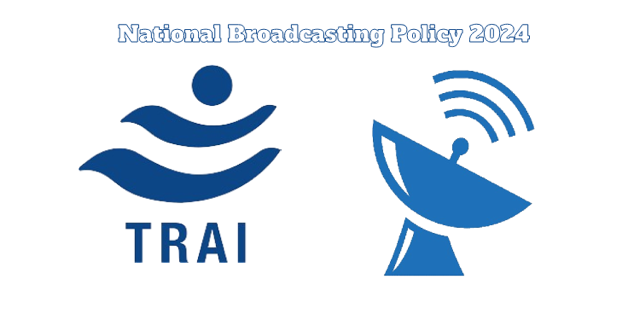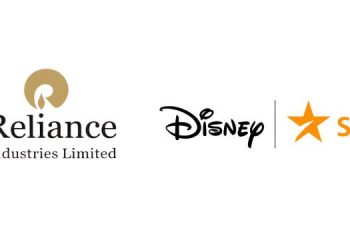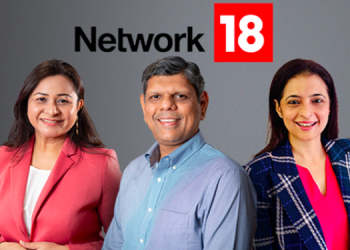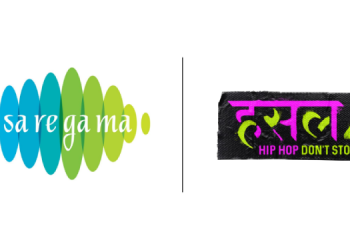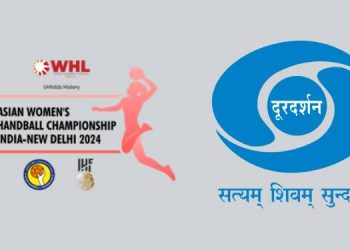New Delhi: The Telecom Regulatory Authority of India (TRAI) hosted an Open House Discussion (OHD) on Thursday, focusing on the audit process for Distribution Platform Operators (DPOs). The session saw several stakeholders demand stringent actions against DPOs failing to comply with TRAI’s Interconnection Regulations, 2017, particularly concerning the mandated audit.
During the OHD, which was notably boycotted by broadcasters, Girish Bhuttan, Head of Legal and Regulatory Department at SITI Networks, called for stricter actions against DPOs and MSOs non-compliant with audit regulations. Bhuttan suggested imposing financial fines on defaulters and even recommended license cancellations for those failing to comply after repeated violations. However, he also emphasized the issue of enforcement, remarking that “we have not seen any actions taken against those who are not implementing these provisions,” adding that without proper implementation, the provision loses its significance.
Manoj Chhangani, Secretary General of the All India Digital Cable Federation (AIDCF), also demanded for tougher measures against DPOs who fail to conduct audits as required. Chhangani proposed that broadcasters should be “strictly prohibited from providing any TV signal to MSOs (Multi-System Operators) who are not conducting the audit,” and recommended that broadcasters publish a list of defaulters on their websites to enhance accountability.
Gopal Ratnam, Secretary of the Consumer Care Society, countered these suggestions, highlighting potential challenges in enforcement. Ratnam argued that any punitive action against DPOs could be viewed as anti-consumer, pointing out that DPOs may resort to legal recourse, such as approaching the Telecom Disputes Settlement and Appellate Tribunal (TDSAT), to seek relief. “As soon as a broadcaster switches off the signal for non-compliant DPOs, they will approach TDSAT and get a favorable order,” Ratnam stated.
A broadcast veteran, highlighting the irony that broadcasters have limited control over how their content is distributed, questioned whether a corporate business could be forced to sell its product at a lower price or for free to unorganised, non-compliant distributors, while another senior broadcast executive noted the rising competition from OTT platforms and “Fast channels” had led to complaints from cable operators to TRAI about OTT pricing, further straining relationships between distributors and broadcasters; the executive also explained broadcasters’ decision to stay away from the OHD, stating that engaging in confrontations with DPOs was counterproductive, as “DPOs have better lung power,” and questioning, “Why would we as the owners of the product get into arguments with the distributors?”
The issue of audit compliance has been a long-standing concern. Industry observers claim that, in the last five years, proper audits were not conducted in approximately 90% of cases. Some DPOs cite excuses such as software malfunctions, staff shortages, or even fires at their headends. They then submit their own audit reports, which are not even in the prescribed format by TRAI. Further complicating matters, broadcasters have raised concerns about the quality and consistency of audits conducted by empanelled Chartered Accountant (CA) firms. One observer commented that “TRAI does not impart training to these auditors regarding the industry,” noting that many auditors rely on trainees who change frequently, undermining the accuracy and reliability of audit reports.
In response to these ongoing challenges, the Indian Broadcasting & Digital Foundation (IBDF) suggested a reform in the audit process, proposing that broadcasters be granted primary rights to conduct audits on DPOs. Radhakrishnan Nair, Secretary of the IBDF, argued that this approach could ease the burden on smaller DPOs and ensure more reliable audits. “DPOs often fail to conduct audits, submit incomplete or inaccurate reports, or delay the process, which hinders broadcasters’ ability to verify subscriber numbers and the integrity of the systems used,” Nair explained, adding that such inefficiencies negatively impact broadcasters’ revenues as well as public sector interests.
The debate over DPO audit compliance remains unresolved, with stakeholders on both sides calling for stronger enforcement mechanisms and more transparent processes to ensure fairness in the broadcasting and distribution ecosystem.

